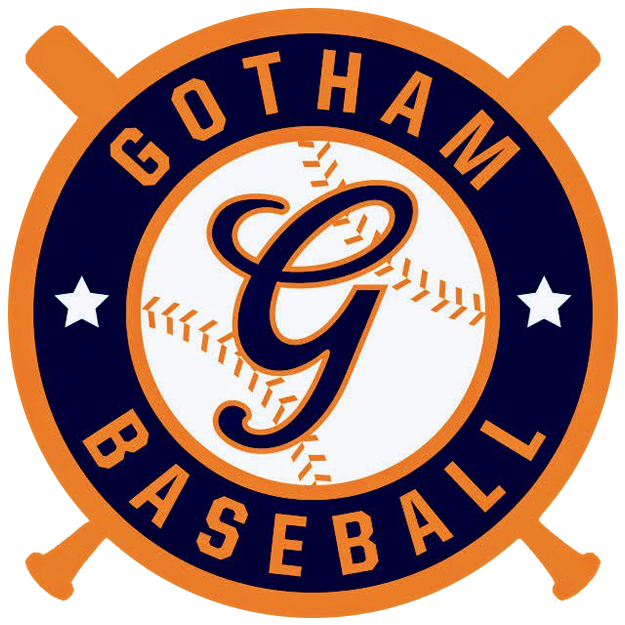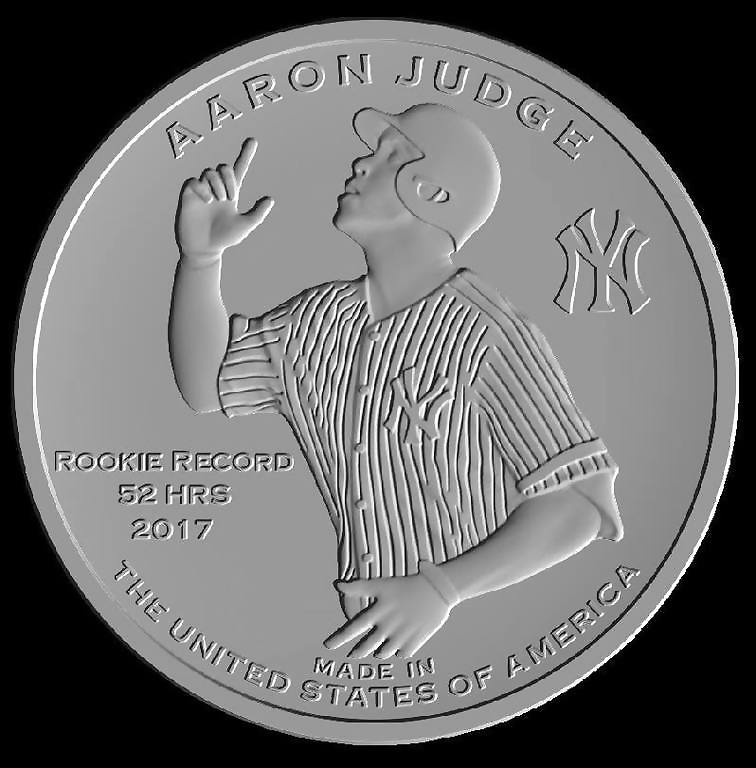
Philadelphia, PA – Despite all the young kids who never make it to the pros, it might not be a shocking revelation that Cliff Lee excelled at baseball early in life.
“I was better at baseball than pretty much anything else,” he said.
Lee attended high school Benton High School in Benton, Arkansas, but before then he was already shaping into an athlete.
“I knew at a really young age. It was probably when I was ten or twelve years old,” he thought for a moment, then said. “I was decent at basketball.”
There were surely many kids with talent and desire to play sports, but despite any uncertainty, Lee had a clear sense of direction.
“Honestly, I don’t know if I knew I could then, but I wanted to from a really young age. I feel fortunate that I knew what I wanted to be doing that young. I wanted to do something with it. Deep down inside I always wanted to play professionally for sure.”
Lee set about trying to improve, driven by ambitions and a natural ability. As he continued to excel, he knew baseball was his ticket.
“The older I got the more I realized it was reality and I was at least going to get a chance to get a scholarship and play in college.”
Lee was drafted by the Florida Marlins in 1997, but opted for college at Meridian Community College instead. He was again drafted in 1998 by the Baltimore Orioles but chose to move onto the University of Arkansas.
There was some time spent as a position player when he played the outfield. But once he got to college, his destiny was clear to everyone around him.
“Until I got into college I played outfield and hit, but once I got into college it was just pitching. I was a decent outfielder and hitter too, so I was able to play more positions. But I think it was pretty evident to myself and a lot of my coaches that pitching was probably what got me at least a scholarship and into professional baseball.”
He was drafted again in 2000 by the Montreal Expos in the 4th round. From there, the road to the big leagues for Lee was not a well-traveled one.
“I made it to the big leagues in 2002. So it was pretty quick.”
Before his major league debut in 2002, he spent time at the Double-A and Triple-A levels, going 12-5 with a 3.64 ERA. At Double-A Harrisburg (now the Washington Nationals Double-A affiliate), he went 7-2 and finished with a 3.24 ERA.
Looking back at those days, however, there were plenty of respected veteran baseball men guiding Lee. His cutter, so important to his success, was developed with the help of his A-ball pitching coach, Ace Adams.
“A lot of credit goes to him.”
There were others who saw what he needed to adjust.
“Louie Issac helped me out in Cleveland with a lot of mechanical stuff. Carl Willis my pitching coach in Cleveland along with Louie helped me a lot. Tommy John was pitching coach in Double-A and he helped me on two-seam fastballs and just how to pitch.”
He knows that minor leaguers battling to make it to the big leagues struggle to stay focused and confident. But he remembers those days. Lee, like any other successful major league player, keeps it simple.
“Nothing comes easy. You have to be blessed with talent, but nothing replaces hard work. Nothing replaces repetition.”
He still recalls his first encounter with a big league veteran that he held in high regard. When he walked into a major league clubhouse for the first time, he needed to know he belonged.
“I walked in the clubhouse and the first person I saw was [former major league pitcher] Terry Mulholland. And he’d been playing forever it seemed like. And just how I was expecting those guys to be way different, I was expecting something out of the ordinary, but they were just regular guys. What jumps out the most is him just sitting there talking to me and welcoming me. I don’t really know how to explain how it felt but it was a very surreal moment for me.”
He goes back to those minor league guys working hard to keep the self-doubt away.
“It’s a one in a million chance, but someone’s got to do it, so why can’t it be you? The game is the same it’s been since Little League, except the guys at this level are more consistent. It’s about taking batting practice, taking ground balls, as long as that’s what you do in Little League, it’s just the same game, but it’s whoever is most consistent and does their repetitions.”
Lee recognizes the shift in the youth of today. Getting a real bat and glove and actually playing cannot be replaced by electronic baseball. The native of Arkansas sees it one way.
“You have to get from behind the computer screen and video games and get out in the yard and play.”
*Photo courtesy of Meridian Community College

